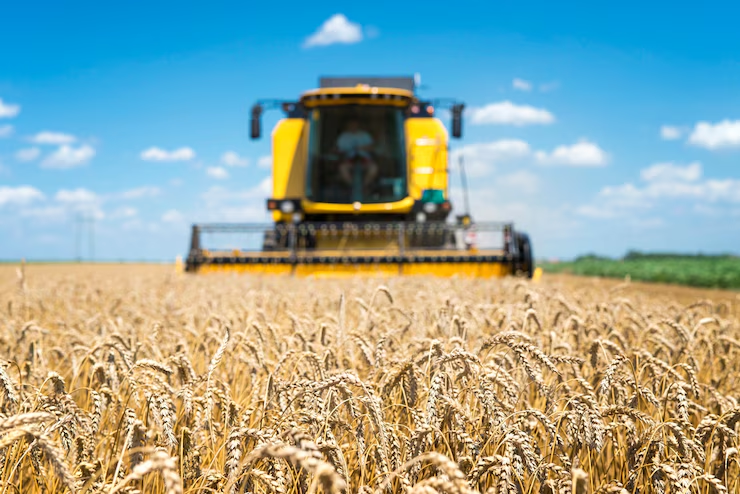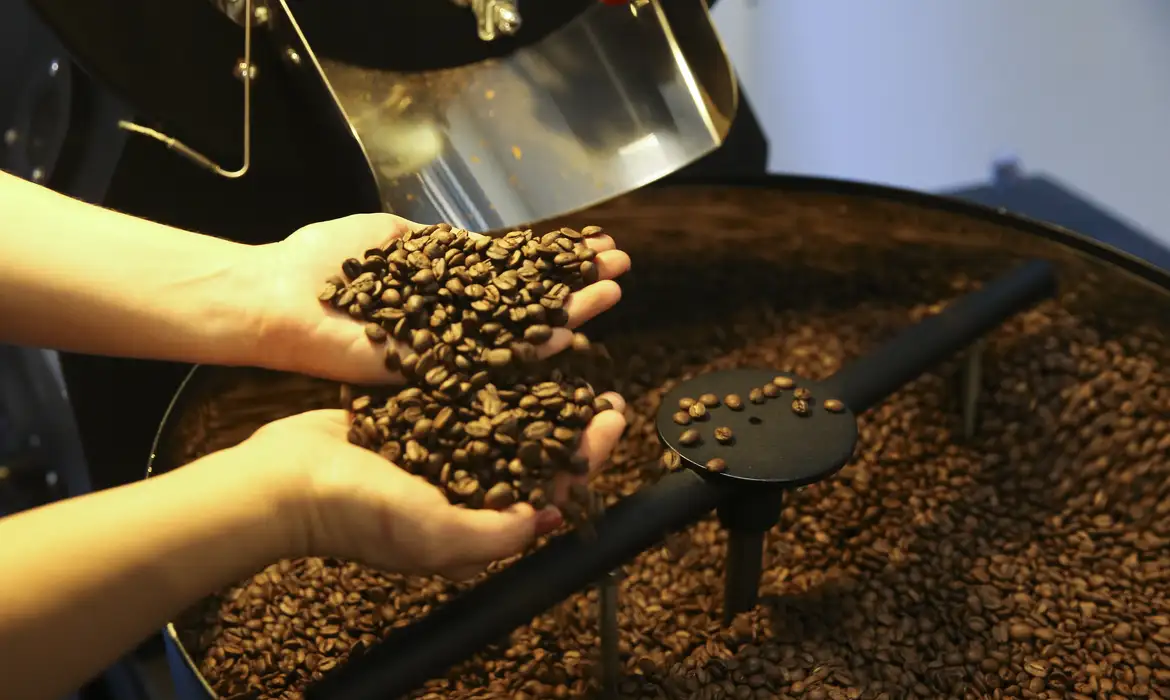Bioinputs framework: agricultural representatives defend the importance of the project approved in the Senate

According to the entity, the Bill 658/2021 – which establishes the legal framework for regulating the production, use, registration, inspection and commercialization of bioinputs in the country – promotes “legal security for rural producers and encourages the development of the sector.”
The Parliamentary Front for Agriculture (FPA) has also shown support for the project. For the president of the group of congressmen, Pedro Lupion (PP-PR), workers in the sector expected this result. For the board, the proposal also creates essential pillars for sustainable agriculture.
Carbon market: agro in the voluntary market should help decarbonization
Among other points, the measure exempts bio-inputs produced for personal consumption on rural properties from registration and establishes official mechanisms to encourage the use of bio-inputs. Furthermore, the text creates a fee to finance inspection work by the Ministry of Agriculture.
Throughout the debates, the former Minister of Agriculture, Senator Tereza Cristina (PP-MS), stated that the project represents “science-driven agriculture”. The parliamentarian also highlighted that Brazil is among the world leaders in the use of biological pesticides.
“It is the approval of a very important law for, mainly, small farmers, those who work in family farming, who practice organic agriculture, as well as for large farmers who today use bio-input, which is of paramount importance for sustainable agriculture”, he considered.
Bioinsumos
Bioinputs are products and technologies of biological origin – such as plant, animal and mineral, for example – used to combat pests and diseases, with the intention of improving plant development.
Data released by the agency FPA reveal that, in the country, the market for this type of product has shown significant growth, with an annual rate of 21% in the last three years. In other words, four times more than the global average.
In the 2023/2024 harvest, sales of bioinputs reached R$5 billion. The highlight was soybean, corn and sugarcane crops. Mato Grosso is the leader in the use of this type of product, with 33.4% of consumption. Goiás and the Federal District account for 13%, while São Paulo follows with 9%.
The proposal had been approved in the Chamber of Deputies on November 27th of this year. In the Senate, approval was given last Tuesday (3). Among the senators, the project was approved in a symbolic vote, with two editorial amendments.
By Brasil 61




